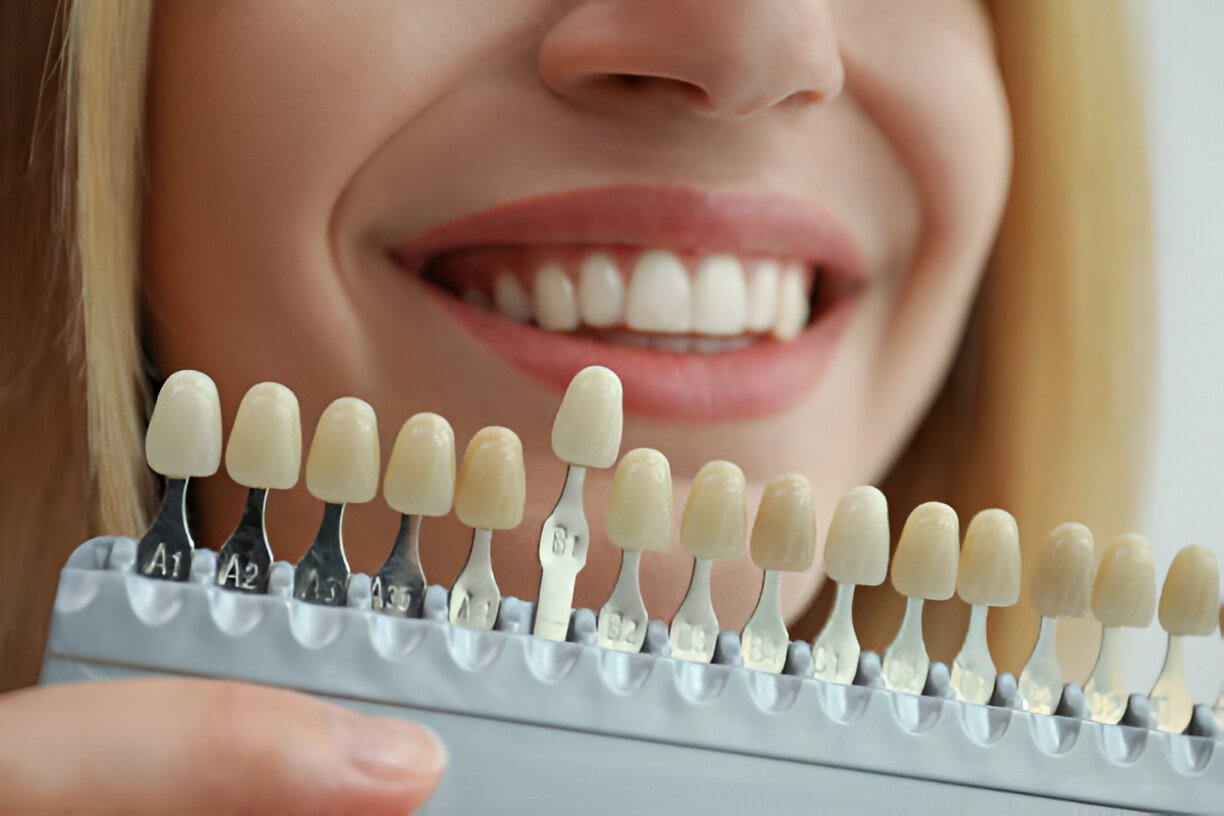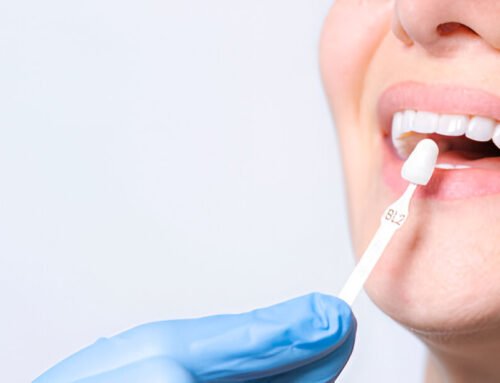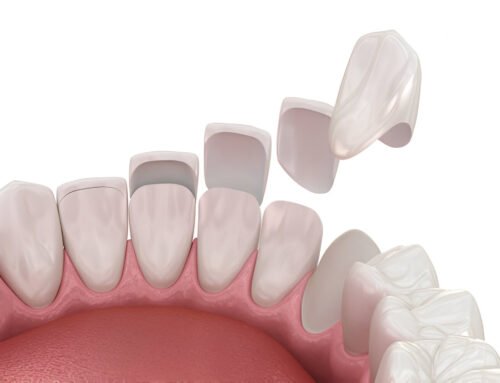Is it Hard to Eat with Composite Veneers? Get Expert Advice
Composite veneers are a popular choice for many people seeking to improve their smiles. They can fix discoloured, chipped, or misshapen teeth, offering a cost-effective solution. But one common question arises: is it hard to eat with composite veneers? This article will explore this question. It will give detailed information on what to expect when eating with veneers. It will also cover how to care for them.
Understanding Composite Veneers
Composite veneers are thin shells made of composite resin that are bonded to the front surface of your teeth. Unlike porcelain veneers, which require multiple visits and a waiting period, composite veneers are applied to the tooth in one visit. The dentist shapes and hardens the resin with a special light. This process allows for immediate results and adjustments.
Can You Go Back to Normal Teeth After Veneers?
Eating with Composite Veneers: The First Few Days
Initially, after getting composite veneers, you might need to make some dietary adjustments. During the first few days, it is advisable to eat only soft foods. This period allows your veneers to settle and ensures that you don’t accidentally damage them while they are still new.
Soft foods you can eat:
- Mashed potatoes
- Eggs
- Pasta
- Bananas
- Bread without crust
- Soft canned food
Avoid hard and sticky foods during this time, as they can dislodge or damage your new veneers.
Are Veneers Worth It?
Long-Term Dietary Adjustments
Once your veneers have settled, you can resume most of your normal eating habits. However, to keep your veneers strong and white, you should avoid certain foods and beverages. This is crucial to maintain the longevity and appearance of your veneers.
Foods to Avoid:
- Hard Foods: Hard candies, nuts, and raw vegetables like carrots can chip your veneers. Instead, cut hard foods into smaller pieces and chew them with your back teeth.
- Sticky Foods: Sticky foods like caramel and toffees can pull at your veneers, potentially causing them to become loose.
- Dark-Coloured Drinks: Beverages like coffee, tea, red wine, and cola can stain your veneers over time. If you can’t avoid these drinks, try using a straw and rinse your mouth with water afterwards.
- Alcohol: Alcohol can soften the bonding material. This makes your veneers more prone to damage.
- Tobacco: Smoking or chewing tobacco can stain your veneers and damage the bonding material.
Safe Foods for Veneers
There are still plenty of delicious foods you can enjoy without worrying about damaging your veneers. Here are some options:
Foods you can eat:
- Soft Fruits and Vegetables: Bananas, strawberries, cooked carrots, and steamed vegetables.
- Dairy Products: Cheese, yoghurt, and milk.
- Lean Proteins: Chicken, turkey, and fish.
- Grains: Rice, pasta, and bread (preferably without hard crusts).
Caring for Your Composite Veneers
Proper care of your composite veneers will ensure they last longer and stay in good condition. Here are some tips to help you maintain your veneers:
- Brush and Floss Regularly: Maintain good oral hygiene by brushing your teeth twice a day and flossing daily. Use a non-abrasive toothpaste to avoid scratching the surface of your veneers.
- Avoid Using Teeth as Tools: Don’t use your teeth to open packages or bite your nails. This can damage your veneers and natural teeth.
- Regular Dental Check-Ups: Visit your dentist regularly for check-ups and professional cleanings. This will help in monitoring the condition of your veneers and address any issues early on.
- Wear a Mouthguard: If you play contact sports or grind your teeth at night, it can protect your veneers from damage.
Common Myths About Eating with Veneers
There are several myths about eating with veneers that can cause unnecessary worry. Let’s debunk some of these:
- “You Can’t Eat Normally with Veneers.” While you need to be cautious with some foods, veneers can handle normal eating. You can still enjoy most of your favourite meals with a few adjustments.
- “Veneers are Easily Damaged.” Veneers are quite durable. With proper care, they can last many years without issues.
- “Veneers Require a Special Diet.” You don’t need a special diet. But, avoid hard, sticky, and staining foods to keep your veneers looking good and lasting long.
Conclusion
Eating with composite veneers is not difficult, but it does require some care and mindfulness. By avoiding hard, sticky, and staining foods and keeping good oral hygiene, you can enjoy your new smile. You won’t need to make major changes to your diet. Composite veneers are a durable and attractive solution for many dental issues. They let you eat comfortably and confidently.
Keeping a nice smile with veneers requires a few simple adjustments. It also needs good dental care. With these tips, you can ensure your veneers stay strong and look great for years to come.
Book Your Appointment Today!
Ready to Transform Your Smile?
If you’re ready to enhance your smile with composite veneers, the Broxburn Smile Centre is here to help. Our experienced team will guide you through the process, answer all your questions, and ensure you achieve the beautiful, durable smile you deserve. Schedule a consultation today and take the first step towards a brighter, more confident smile. Contact us now to book your appointment and discover how we can help you achieve your dental goals.
How Long Do Composite Veneers Last?
Frequently Asked Questions
1. Can I eat crunchy foods with composite veneers?
Yes, but be cautious. Cut crunchy foods into smaller pieces and chew with your back teeth to prevent chipping.
2. How do I prevent my veneers from staining?
Avoid dark-coloured drinks like coffee and red wine. Use a straw and rinse your mouth with water afterwards.
3. Are composite veneers suitable for everyone?
Composite veneers are suitable for many people, but consult your dentist to determine if they are the best option for your dental needs.
4. How long do composite veneers last?
With proper care, composite veneers can last 5-7 years. Regular dental check-ups and good oral hygiene can extend their lifespan.
5. What should I do if my veneer chips or comes off?
Contact your dentist immediately. They can repair or replace the veneer to ensure your smile remains intact.
6. Can I still eat my favourite foods with composite veneers?
Yes, but avoid hard, sticky, and staining foods to keep your veneers looking good and lasting long. Enjoy most of your favourite foods with minor adjustments.










